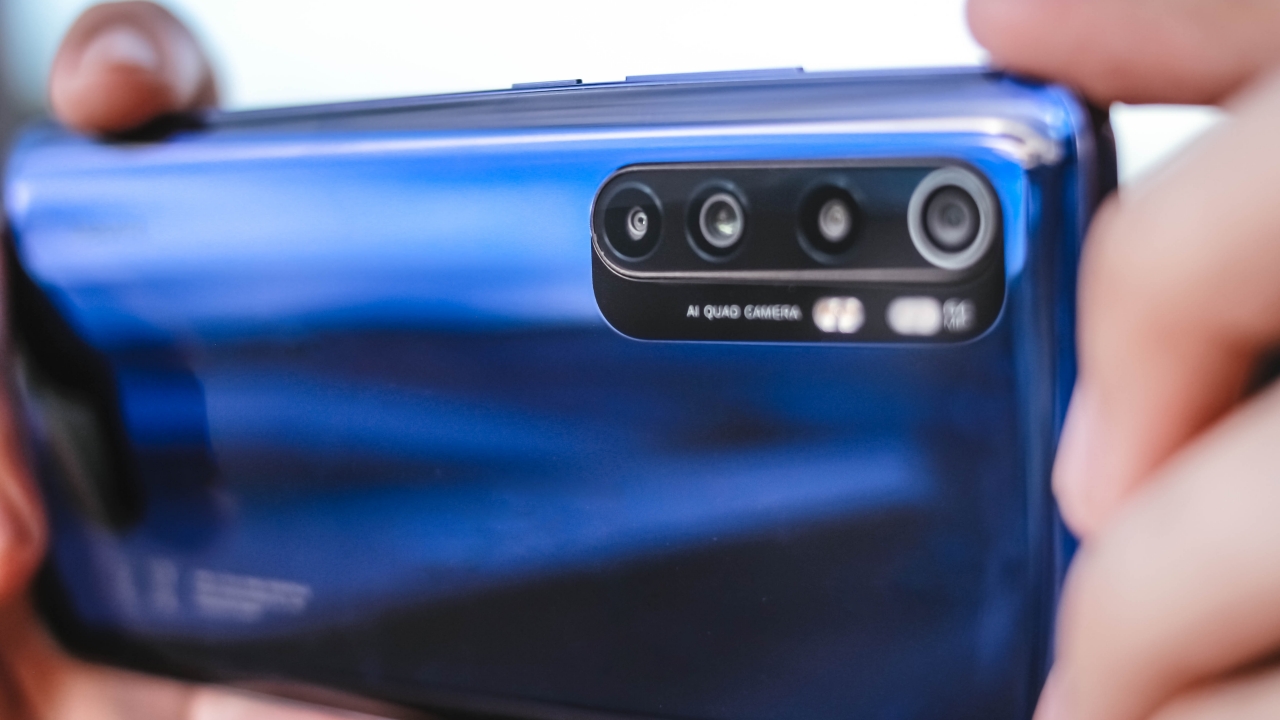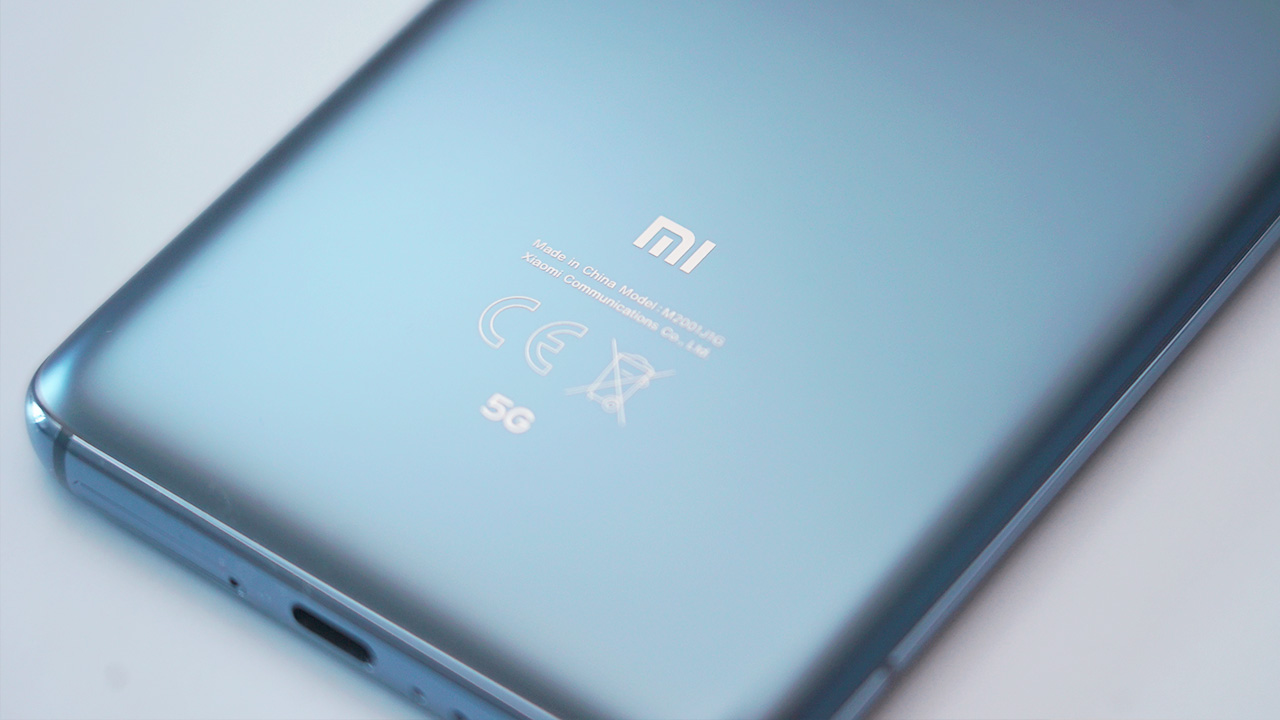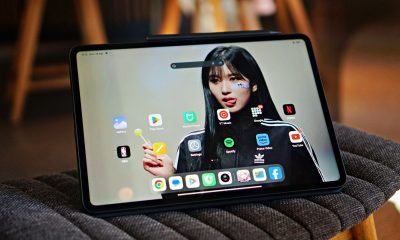

India
Xiaomi has a limited window to fix MIUI amid Chinese app ban
Brand perception matters the most right now
Xiaomi is India’s top smartphone maker and it has been leading for a couple of years now. The brand is credited for revolutionizing affordable 4G smartphones in the country and since then, it has expanded to smart homes, wearables, IoT, and even luggage. However, the brand faces a fresh challenge unlike any other. Anti-China calls are at an all-time high and Chinese app makers are already facing the brunt. How long can a brand like Xiaomi survive?
In a recent interview with The Economic Times, Xiaomi India CEO, Manu Kumar Jain said, “Once or twice in the past one week or 10 days, there have been one or two episodes when people have come outside our stores and raised slogans… we haven’t seen any major episodes till now. But this, to us, appears more like Twitter reaction.”
India and China have radically increased their troop deployment in the bordering region of Ladakh. The skirmish has escalated severely after clashes broke out and both sides suffered casualties. The spread of Coronavirus had already seeded anti-China sentiments and the recent border crisis has watered them further.
India has already banned 59 Chinese origin apps in the country. Buyers are inclined to avoid Chinese goods and even companies are scrambling to reduce their dependence on Chinese imports.
In the middle of all the chaos is Xiaomi, the brand with a Chinese name. So far, the company hasn’t faced any drastic issues and phones continue to sell like hotcakes.
Thanks to local sourcing, marketing, and perception of the company, it has become a household name in India. Adding to this, its affordable offerings are unmatchable, giving it a natural edge over the others. But all of this could soon tumble like a house of cards.
MIUI — the elephant in the room
Every time I review a Xiaomi phone, a few points are always common. The phone has a solid design, cameras are usually above average, and battery backup is spot-on. Performance depends on the processor and we’ve seen top-notch results in most phones. However, everyone, including me, has one complaint — MIUI and its ads.
MIUI is a mature skin and has been crucial for Xiaomi’s rise as a phone maker. With a new iteration coming every year, it has developed a fan following equivalent to Google’s stock Android releases. Filled to the brim with features, it’s perfect for everyone. But, it incorporates a very complex web of apps that are supposed to be an extension of MIUI.
Apps like Mi Video are notorious for pushing ads in the UI. Furthermore, apps like GetApps and Themes will constantly recommend content that you can download. These too, are essentially ads.
On a normal day, the notifications tab is filled with ads and bloatware suggestions. Keep in mind, the phone already ships with a ton of bloatware and is now asking you to install more.
Users have often complained about “indecent” or “inappropriate” ads showing up on their phone. Xiaomi announced last year it’s working on fixing the issue.
This year, two apps by Xiaomi — Mi Browser Pro and Mint Browser, were caught collecting a huge amount of data about any website a user visits, even in incognito mode. The data was sent to remote servers, sparking a fresh controversy on Xiaomi’s reliability. These apps often ship by default on MIUI phones.
MIUI 12 incorporates a host of new features that focus on improving the privacy and overall security of the phone and its data. However, MIUI 12 roll-out is still in the early stages and won’t act as an immediate stop-gap measure that’s required right now.
Xiaomi’s brand perception is on the line now
India banned 59 apps including TikTok for safety concerns. These apps have a notorious history of collecting too much user data without clear consent.
Many of them are serial offenders who’ve built their business models around data collection and ad targeting. Adding to this, their Chinese origin adds a layer of opaque international bureaucracy and practically impossible enforcement.
Alibaba backed UC Browser and UC News feed on your information and thrive by delivering ads. Irrespective of whether they’re relevant or not. The apps are a security researcher’s nightmare.
When I compare the behavior of UC Browser against Xiaomi’s stock apps, the difference isn’t big enough. Both push cheap and desperate ads in my notifications area.
Wouldn’t any average Joe feel the same? Pretty much every app included in India’s ban list has a strong history of flouting basic moral conduct. Xiaomi, being a respected brand in the hardware space, cannot afford to be included in this list.
I’m not saying ads are bad. Google is the world’s largest advertising company and it operates with transparency. The company is liable for privacy lapses and laws like GDPR (European Union) exert a moral responsibility on the company’s management. This accountability is lost as soon as we reach China.
Safe vs affordable: which side will you choose?
Xiaomi started integrating ads in the user interface because it helped in making the actual phone cheaper. A considerable chunk of Xiaomi’s revenue is dependent on bloatware (pre-installed apps) and ads.
In the short-term, the brand is able to sell more phones thanks to aggressive pricing and earn ad revenue in the longer run. But, times are changing and geopolitical forces exert more pressure than ever.
Now’s the time for Xiaomi to decide — can it let go of some revenue in exchange for long-term brand perception? These ads are clearly not helping the company make a point and users are gradually understanding the value of their data.
With the recent app ban, a Chinese app or software that delivers ads is inherently assumed to be compromised or risky.
The company may have to rework their product pricing or could move away from ads in a phased mnner with new phones. It can also offer a monthly subscription wherein users can opt-out of ads and data collection. But selling privacy after selling you a device may not go down well for many users. Amazon has tried this subscription model with its Fire tablet lineup that targets the entry-level segment.
If Chinese phone makers want to sell units anywhere in the world, one thing’s for sure — they need to focus on privacy as a fundamental right and not a privilege. The Huawei ban has proved that getting in the bad books of non-allied nations could mean doom for them.


There’s no doubt that India is a major market for technology. While the country has its own brand preferences outside of the world’s usual, everyone still wants to get a piece of the market. To the dismay of global companies, the country is realizing the potential of its own market. Effective immediately, India has started restricting imports for new laptops, tablets, and PCs.
Recently, India made some headlines in the smartphone industry. A few companies, including Apple, have poured funds into building factories in India. Locally produced devices will allow these companies to attract the Indian market better. With the new regulations out today, it looks like these brands are going to enjoy a head start over others who aren’t in the country yet.
The Indian government introduced a new restriction (via Reuters) against the importation of “laptops, tablets, all-in-one personal computers, and ultra-small form factor computers and servers” made from other countries. Customers, however, will get an exemption. Airline passengers can still bring in these devices in their luggage. Additionally, a single imported device is allowable when bought through e-commerce platforms. Companies can import their products only by applying for a special license.
In a nutshell, bulk orders without a license are out. The government is instead encouraging users to buy locally produced products as part of its “Make in India” program. At the very least, it’s not a total ban on foreign brands. For example, Dell, HP, and Lenovo are exempt from the regulations since they already have production facilities built in the country.
SEE ALSO: Samsung overtakes Xiaomi as top phone brand in India

Attacking a huge smartphone market is difficult. With preferences constantly evolving, it can get tricky to figure out the best lineup to capture most of a market. Samsung, however, has just done it. In the last quarter of 2022, Samsung has taken the crown from Xiaomi as the bestselling smartphone brand in India.
India is an important market for most smartphone brands. It’s one of the largest markets in the world. However, despite its size, the biggest players are often those who offer more affordable devices for consumers. Budget is the name of the game if a brand wants to make it big in the country.
Things are changing, though. According to new market data (via Reuters), Samsung has nabbed the throne from the former leader, Xiaomi. In the last quarter of 2022, the Korean brand grabbed 20 percent of the market, while the latter only got 18 percent.
In a trend dubbed as premiumization, Indian consumers are reportedly enjoying more disposable income, resulting in more willingness to buy pricier products. Additionally, the report hints that consumers have started equating lower prices with inferior quality.
With the market trending towards more premium products, Samsung took the lead with a lineup that consists more of midrange to premium devices. It will also be interesting to see if Apple, an even more premium brand, can also make a dent in the Indian market.
SEE ALSO: Buyer’s Guide: Samsung Galaxy S23 Ultra
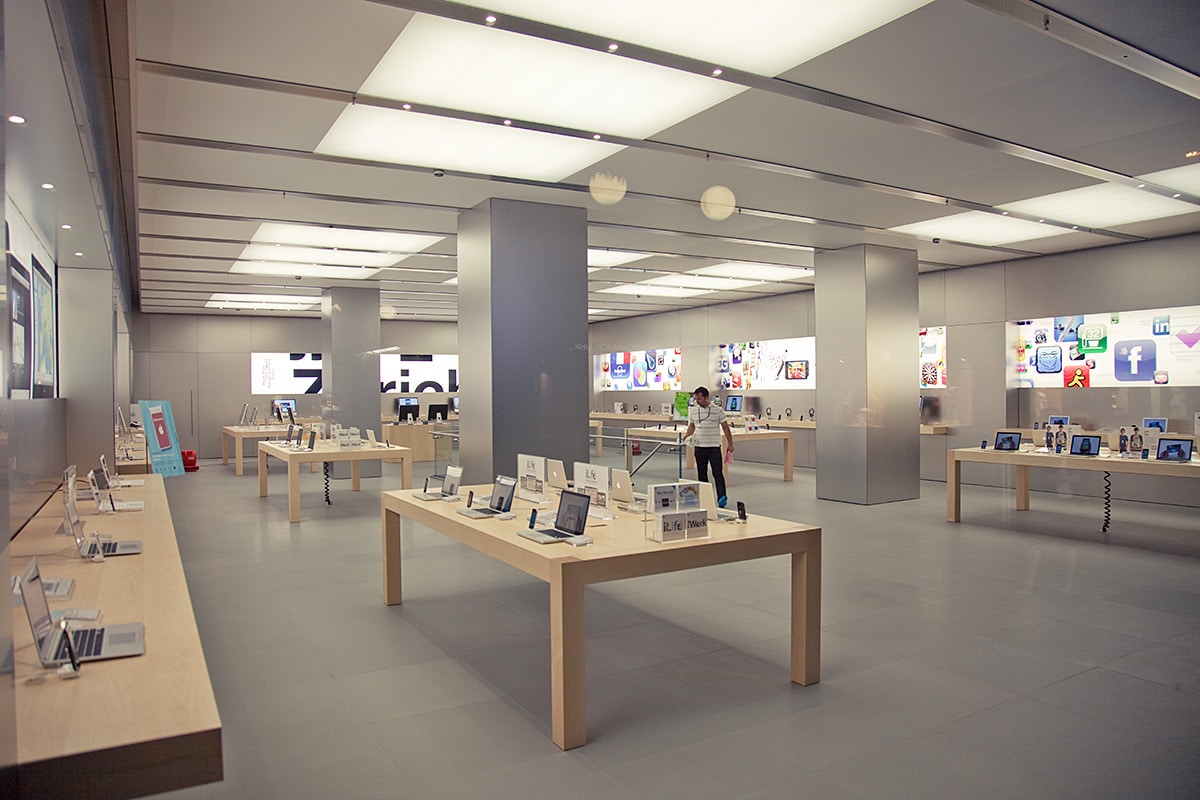
For one of the largest smartphone markets in the world, India is one of the rarer countries where Apple does not outright dominate. Undoubtedly, the company is trying to change that. Ongoing job listings in India are suggesting that Apple is ready to open its first brick-and-mortar store in the country.
First reported by Financial Times, Apple has posted job openings in India for several retail roles including for the iconic Genius Bar. Another clue even indicates that some spots have already been filled ahead of time. A few employees in the country have reportedly posted about their new jobs on LinkedIn.
Unfortunately, none of the job listings show how many stores are planned and where they will be. Narrowing things down by a bit, a few of the confirmed employees are from Mumbai and New Delhi. The report also does not indicate when the stores will open. However, since a few have already been hired, a grand opening might be coming soon.
Apple has a lot to gain by strengthening its foothold in India. The country is an important stronghold for smartphone companies. However, the company might find things harder as time goes by. The country recently dictated that brands must switch to USB-C if they want to sell their devices in India. All over the world, Apple remains the last stalwart against adopting the more universal standard.
-

 Reviews1 week ago
Reviews1 week agorealme 12 5G review: It was enchanting to meet you
-

 Reviews4 days ago
Reviews4 days agoOnePlus 12R review: Making sense of OnePlus’ latest flagship
-

 Buyer's Guide2 weeks ago
Buyer's Guide2 weeks ago2024 Samsung TV: Buyer’s Guide
-

 Smartphones3 days ago
Smartphones3 days agoHuawei Pura 70 Pro Unboxing and First Impressions
-

 Reviews2 weeks ago
Reviews2 weeks agoJBL Soundgear Sense review: Make every run magical
-

 Reviews2 weeks ago
Reviews2 weeks agoChallengers review: A thrilling drama wrapped as a tennis anime
-
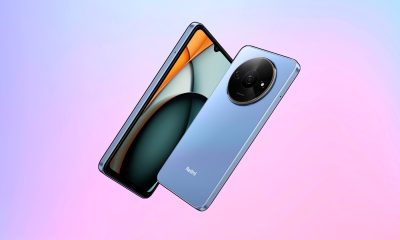
 News1 week ago
News1 week agoXiaomi Redmi A3 Philippine pricing, availability
-

 Smartphones1 week ago
Smartphones1 week agoInfinix NOTE 40 Pro+ 5G: Philippine pricing, availability


